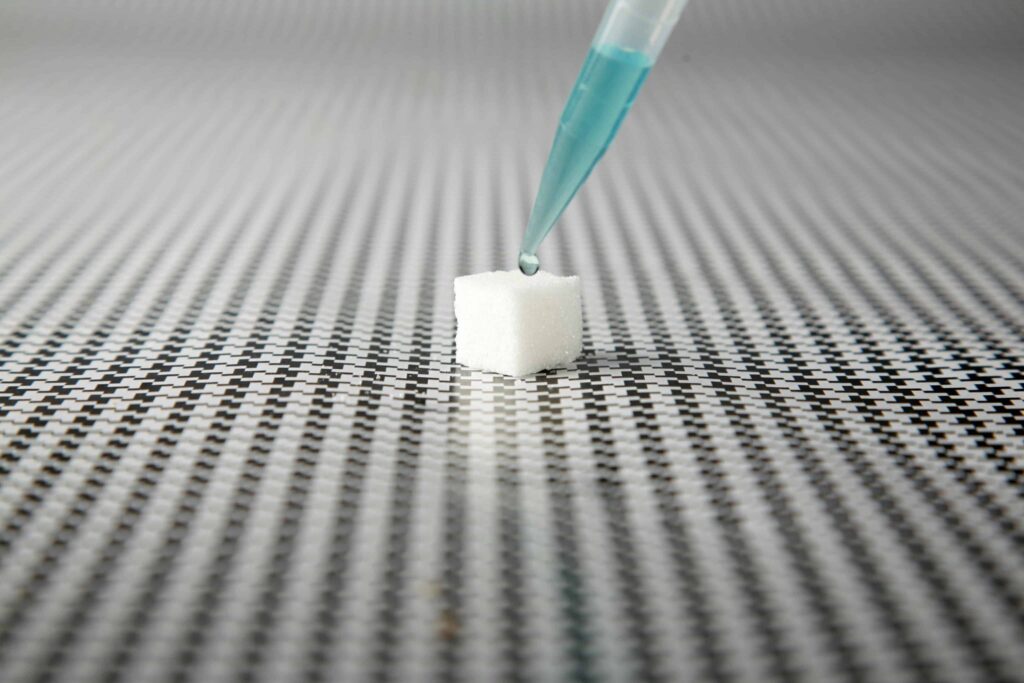
Encouraging outcomes from a clinical study on the LSD-analog substance MM120, or lysergide d-tartrate, have led the Food and Drug Administration (FDA) to designate it as a “breakthrough therapy” for treating generalized anxiety disorder (GAD). The designation of “breakthrough therapy” is awarded to expedite the development and review of drugs that show considerable promise in providing treatment for conditions with significant unmet medical needs. Similar to MM120, other substances like MDMA, Esketamine (the ketamine nasal spray) and psilocybin have also received this status, which highlights their potential in transforming therapeutic practices.
A spokesperson for MindMed described MM120 as “a tartrate salt form of lysergide, a synthetic drug commonly known as LSD.” The challenge of producing LSD with high purity was highlighted by the company’s chief medical officer in an interview with CNN, stating, “LSD is difficult to manufacture with high purity and tends to degrade quickly in the presence of light and water.” They added, “We’re manufacturing it to pharmaceutical industry standards, a highly pure version that is also shelf stable. So that’s a critical difference.”
Mind Medicine Inc., which is the pharmaceutical company producing MM120, announced in a Thursday press release its intention to convene an end-of-Phase 2 discussion with the FDA during the first half of 2024. Following this, they aim to initiate a Phase 3 clinical trial in the latter half of the year. Additionally, MindMed disclosed that its Phase 2b study of MM-120 for treating GAD achieved its crucial secondary endpoint, with the topline data from a 12-week period demonstrating statistically significant sustained effectiveness up to week 12.
Symptoms of generalized anxiety disorder (GAD) can manifest in various ways, including persistent worrying or anxiety about numerous aspects of life that are disproportionate to the actual events’ impact. Individuals may find themselves overthinking, catastrophizing, and experiencing difficulty handling uncertainty. This can lead to indecisiveness and fear of making the wrong decision, alongside an inability to set aside or let go of worries. People with GAD often find it challenging to relax, feeling constantly restless, and being on edge. Additionally, they may encounter difficulty concentrating, have moments where their mind “goes blank,” or even disassociate. The condition can lead to trouble sleeping, irritability, muscle aches, and more uncomfortable side effects.
“The FDA’s decision to designate MM120 as a breakthrough therapy for GAD and the durability data from our Phase 2b study provide further validation of the important potential role this treatment can play in addressing the huge unmet need among individuals living with GAD,” Robert Barrow, MindMed’s director and CEO, said in a statement. “We are committed to bringing MM120 to people living with GAD and delivering on the potential of our pipeline to treat serious brain health disorders.”
The most recent study findings on MM120 (lysergide d-tartrate) revealed that a one-time oral administration of the LSD-derived medication resulted in “clinically and statistically significant” decreases in anxiety levels 12 weeks post-treatment. The study was a parallel, randomized, double-blind, placebo-controlled dose-optimization trial, included 198 participants, the Psychiatric Times reports. These folks were randomly allocated to receive one of four doses of MM120: 25, 50, 100, or 200 µg—or a placebo. The participants had to have what counts as severe symptoms of generalized anxiety disorder (GAD), with an average baseline Hamilton Anxiety Rating Scale (HAM-A) score around 30. The research primarily wanted to assess the dose-response relationship across the four MM-120 doses compared to the placebo, specifically looking at the changes in HAM-A scores from the start of the study to week 4.
A whopping 65% of the participants demonstrated a clinical response. 48% achieved clinical remission from their anxiety disorder after undergoing the treatment.
“That MM120 exhibited rapid and robust efficacy, solidly sustained for 12 weeks after a single dose, is truly remarkable,” David Feifel, who is a researcher in the latest MindMed study and a professor emeritus of psychiatry at the University of California San Diego, said. “These results suggest the potential MM120 has in the treatment of anxiety, and those of us who struggle every day to alleviate anxiety in our patients look forward to seeing results from future Phase 3 trials.”
But there was no “integration” involved in this study, just medicine. While other psychedelic-assisted therapies, the research on MM120 did not come with talk therapy. “MM120 was administered as a single dose in a monitored clinical setting with no therapeutic intervention,” MindMed stated.
As more traditional anxiety medications, such as benzodiazepines, can lead to a physical dependence that comes with a very nasty withdrawal process, psychedelic therapies, whether it’s MM120, regular ole’ LSD, cannabis, or psilocybin, are desperately welcome.
Read full article on High Times

